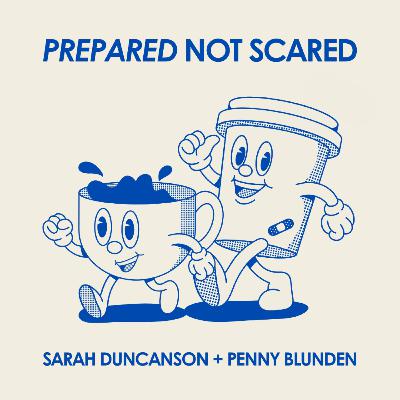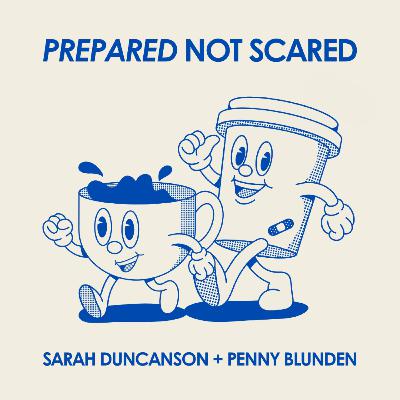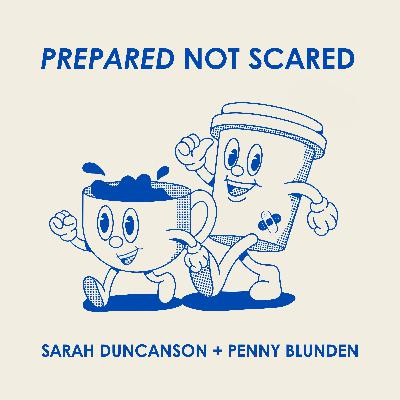Understanding Head Injuries in Kids
Description
Paediatric Nurses Penny and Sarah discuss the all-too-common topic of head injuries in children. From playground falls to tumbles at home, they break down everything parents need to know, including common causes, how to recognise red flags, and when it’s time to seek medical help. With practical tips and an easy-to-remember acronym for assessing injuries, Penny and Sarah guide parents in understanding when a head injury is mild or may require immediate medical attention.
Key Topics Discussed:
- Why head injuries are so common in young children
- The HEADS acronym to identify red flags of a serious injury
- Understanding the significance of a child’s height and impact in head injuries
- When and how to safely let your child sleep after a head injury
- Practical prevention tips to reduce the risk of head injuries at home
Takeaways:
HEADS Assessment: Use this simple acronym to assess for red flags after a head injury. Seek medical attention if any of these apply:
- H – Height: Falls from over 1 meter or double the child’s height warrant a thorough assessment.
- E – Ears & Eyes: Blood or fluid from ears or eyes may indicate serious injury.
- A – Agitation: Unusual irritability or agitation after a fall can signal a more severe issue.
- D – Drowsiness: Sudden sleepiness or abnormal drowsiness after a head injury should be evaluated.
- S – Spew & Speech: More than one vomit, slurred speech, or high-pitched crying in infants are all red flags.
When in Doubt, Get Checked Out: Call Nurse on Call or Health Direct if you’re unsure about a head injury—they can provide guidance on whether your child should go to the emergency department.
Preventive Tips: Helmets, supervised risky play, and furniture safety precautions are essential to reducing the likelihood of serious head injuries.
Additional Resources:
- Royal Children’s Hospital – Child safety tips and head injury guidelines
- Nicole Kids Physio on Instagram for practical advice on safe risky play
Learn First Aid and what to do when your child is sick:
Visit Paeds Education for paediatric first aid courses.
Sick Happens for childhood illness courses
Disclaimer: The information shared in this podcast is intended for educational and informational purposes only. It is not a substitute for professional medical advice, diagnosis, or treatment. Always seek the guidance of your healthcare provider with any questions you have regarding your child's health. Never disregard professional medical advice or delay in seeking it because of something you've heard on this podcast.














